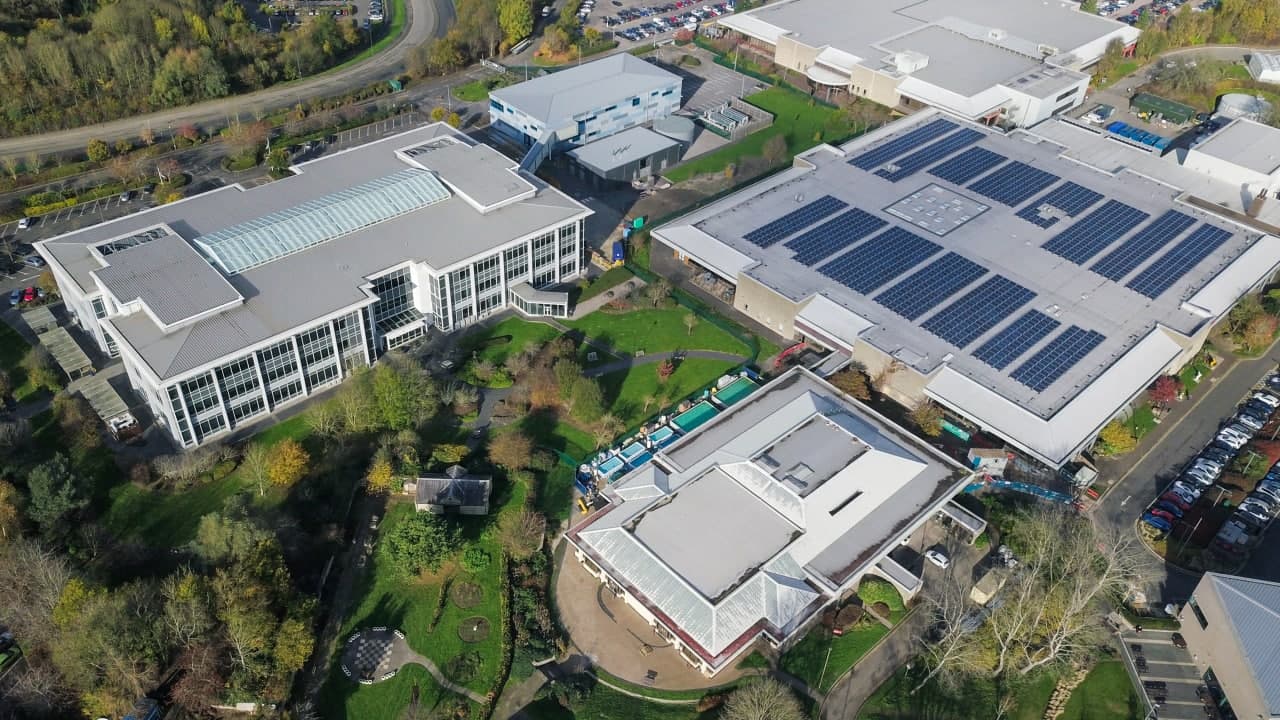Our world faces pressing questions of global justice in relation to armed conflict, human migration, economic inequality and environmental change. To understand and address these issues, no single disciplinary perspective suffices. The Master of Arts (MA) in Religion, Culture and Global Justice is an exciting new program that offers you a crucial interdisciplinary space for reflection on how religion intersects with these global issues.
Alongside questions of policy, the program fosters critical analysis of cultural and religious processes as well as their political implications in a globalizing world.
Our faculty, drawn from Laurier’s departments of Religion and Culture and Global Studies, are specialists in disciplines across the social sciences and humanities and conduct research around the world. We bring our diverse knowledge and expertise into the classroom and to our student supervision to foster transformative learning and the spirit of free inquiry.
Funding
Eligible domestic students admitted to study on a full-time basis are entitled to one year of funding totalling, on average, CAN $14,500. This support may be made up of teaching assistantships, internal/external scholarships, and/or faculty-funded studentships or research assistantships.
Winners of major external awards (OGS, QEII and Tri-Council) may be eligible for top-up funding which includes the Dean’s Graduate Scholarship (total value exceeds $10,000).
A list of all funding opportunities available to Laurier graduate students, including information about OGS, QEII and Tri-Council.
Research Focus
Our faculty have a number of research interests including:
study and politics of religion and culture
globalization and global justice
peace and conflict
religion and international development
environmental justice and Indigenous peoples
Careers
The MA in Religion, Culture and Global Justice would be a particularly good fit for candidates who contemplate pursuing further graduate studies (e.g. doctoral studies or professional programs in public policy or social work) or seeking employment in the NGO sector (e.g. nonprofit advocacy and organization: community development, refugee settlement, arts and culture) or education or journalism sectors.
Our graduates have gone on to work in education, research, business and social services. Examples of jobs held by our graduates include:
international student application coordinator
NGO case worker
multiculturalism policy analyst
heritage planning specialist
immigration program assistant
For international students
Students must have the following:
A four-year (honours) undergraduate degree (or equivalent).
A minimum B average in your fourth year of undergraduate study.
English Proficiency
The Test of English as a Foreign Language (TOEFL):
TOEFL iBT: minimum score of 89, with minimum skill scores of 21 in each of the skills tests (speaking, writing, reading and listening).
Paper-based TOEFL: minimum of 573.
The International English Language Testing System (IELTS): minimum score of 7.
Pearson Test of English (PTE): minimum score of 60.
The Canadian Academic English Language (CAEL) Assessment: minimum score of 70.
2 Years - Full time
![Fee]()
Fee
CAD$21,807.00 (US$ 15,674) per yearAccommodation Dormitory Style (Waterloo) Traditional -3,666.04
![Start Date]()
Start Date
![Address]()
Address
Waterloo Campus, Waterloo, Ontario, N2L 3C5, Central Canada, Canada

Description
Requierments
Study options






 Stay in touch with us
Stay in touch with us






